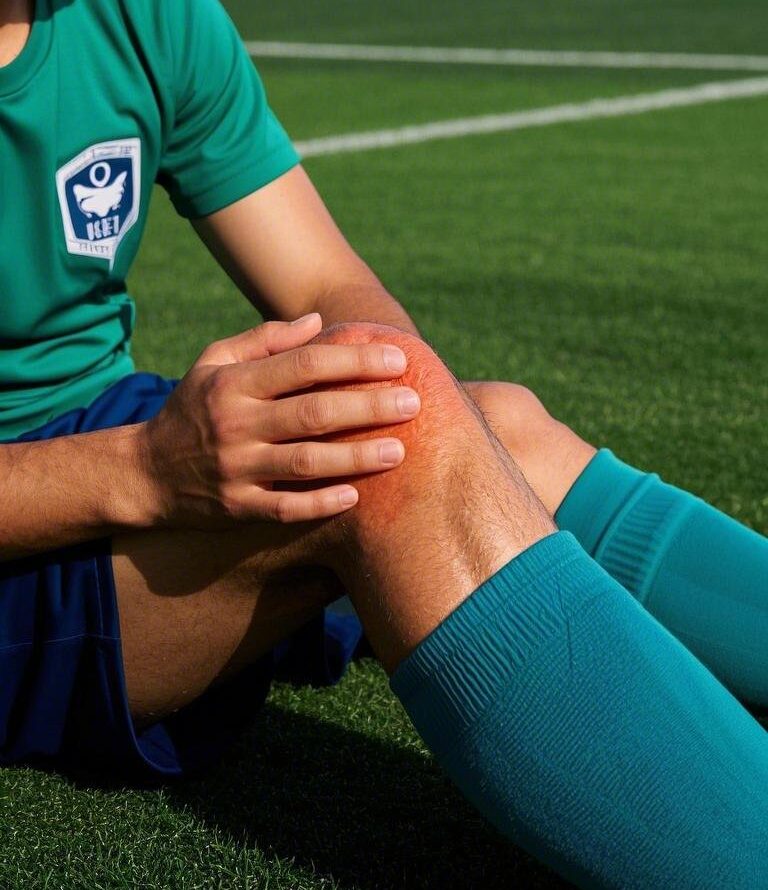When it comes to acute injury management, knowing what not to do is just as important as knowing what to do. That’s where the H.A.R.M. principle comes in—a helpful acronym to guide you through the critical first 48–72 hours after an injury such as a sprain, strain, or bruise. H.A.R.M. stands for Heat, Alcohol, Running (or vigorous activity), and Massage—four things you should avoid during the early phase of recovery. Ignoring this advice can lead to increased swelling, delayed healing, and further tissue damage.
What Does H.A.R.M. Stand For?
- H – Heat
Applying heat (like hot packs, warm showers, or saunas) may feel soothing, but it increases blood flow to the injured area. This can worsen swelling and inflammation during the early stages of healing. Save the heat therapy for later in the recovery process when inflammation has decreased. - A – Alcohol
Drinking alcohol after an injury may numb pain, but it also reduces your body’s ability to form clots, slows healing, and increases swelling. Alcohol also causes dehydration, which further slows tissue repair. It’s best to avoid drinking until you’re fully healed. - R – Running (or Vigorous Activity)
Resuming physical activity too soon can aggravate the injury, increasing pain and prolonging recovery. Rest is key in the first few days, followed by a gradual return to movement under professional guidance. - M – Massage
While massage can be helpful later in rehab, it’s not recommended in the first 48–72 hours. Direct pressure on a fresh injury can increase bleeding, swelling, and tissue damage.
Why It Matters?
Avoiding these four things gives your body the best chance to heal naturally and efficiently. Pairing the H.A.R.M. principle with supportive strategies like the R.I.C.E. method (Rest, Ice, Compression, Elevation) helps reduce pain and inflammation while protecting the injured area. When in doubt, always consult a physiotherapist or healthcare professional for guidance.
Reference:
https://physioworks.com.au/treatment/acute-injury/harm/
https://physioworkscranbourne.com.au/physioworks-health-group-recovery-tips-do-r-i-c-e-avoid-h-a-r-m





